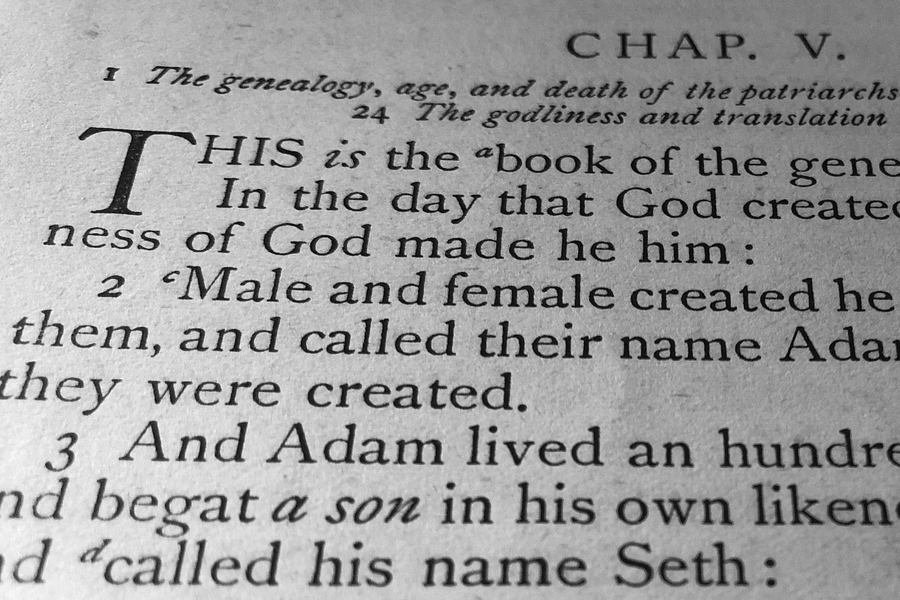Yes, Bart Ehrman, Jesus is Yahweh
Ehrman published two blog posts, claiming that the idea that Jesus is Himself Yahweh is a recent doctrinal innovation, completely foreign to the New Testament and the ancient church. Ehrman even goes so far as to say that this is the view of only “some conservative evangelical Christians” and that “I’ve never even heard the claim (let alone a discussion of it) until very recently.”
Yes, Bart Ehrman, Jesus is Yahweh Read More »









